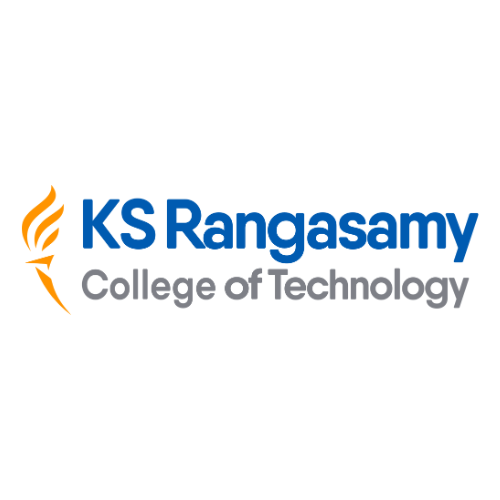PEOs, POs & PSOs
The PEOs of the B.Tech (IT) programme are:
PEO1: Core Competence: Graduates will have core competence in engineering fundamentals and computing to solve hardware and software engineering problems.
PEO2: Successful Career: Graduates will demonstrate successful professional practices in industry, academia and e-governance
PEO3: Ethics and life-long learning: Graduates will continue to advance in their career through life-long learning with a social and ethical concern
Programme Outcomes (POs):
Engineering Graduates will be able to:
PO1: Engineering knowledge: Apply the knowledge of mathematics, science, engineering fundamentals, and an engineering specialization to the solution of complex engineering problems.
PO2: Problem analysis: Identify, formulate, research literature, and analyze complex engineering problems reaching substantiated conclusions using first principles of mathematics, natural sciences, and engineering sciences.
PO3 : Design/development of solutions: Design solutions for complex engineering problems and design system components or processes that meet the specified needs with appropriate consideration for the public health and safety, and the cultural, societal, and environmental considerations.
PO4: Conduct investigations of complex problems: Use research-based knowledge and research methods including design of experiments, analysis and interpretation of data, and synthesis of the information to provide valid conclusions.
PO5: Modern tool usage: Create, select, and apply appropriate techniques, resources, and modern engineering and IT tools including prediction and modeling to complex engineering activities with an understanding of the limitations.
PO6: The engineer and society: Apply reasoning informed by the contextual knowledge to assess societal, health, safety, legal and cultural issues and the consequent responsibilities relevant to the professional engineering practice.
PO7: Environment and sustainability: Understand the impact of the professional engineering solutions in societal and environmental contexts, and demonstrate the knowledge of, and need for sustainable development.
PO8: Ethics: Apply ethical principles and commit to professional ethics and responsibilities and norms of the engineering practice.
PO9: Individual and team work: Function effectively as an individual, and as a member or leader in diverse teams, and in multidisciplinary settings.
PO10: Communication: Communicate effectively on complex engineering activities with the engineering community and with the society at large, such as, being able to comprehend and write effective reports and design documentation, make effective presentations, and give and receive clear instructions.
PO11: Project management and finance: Demonstrate knowledge understanding of the engineering and management principles andapply these to one’s own work, as a member and leader in a team, to manage projects andin multidisciplinary environments.
PO12: Life-long learning: Recognize the need for, and have the preparation and ability to engage in independent andlife-long learning in the broadest context of technological change.
Programme Specific Outcomes(PSOs):
Engineering Graduates will be able to:
PSO1: Develop IT infrastructure: Develop suitable IT infrastructure in diverse domains through acquired foundation skills and knowledge
PSO2: Design / Develop software products: Apply necessary tools and methodologies to design and develop software products
PSO3: Innovative Career: Create a zest for innovative career path through value-based software courses and entrepreneurial skills resulting in competent IT solution providers



